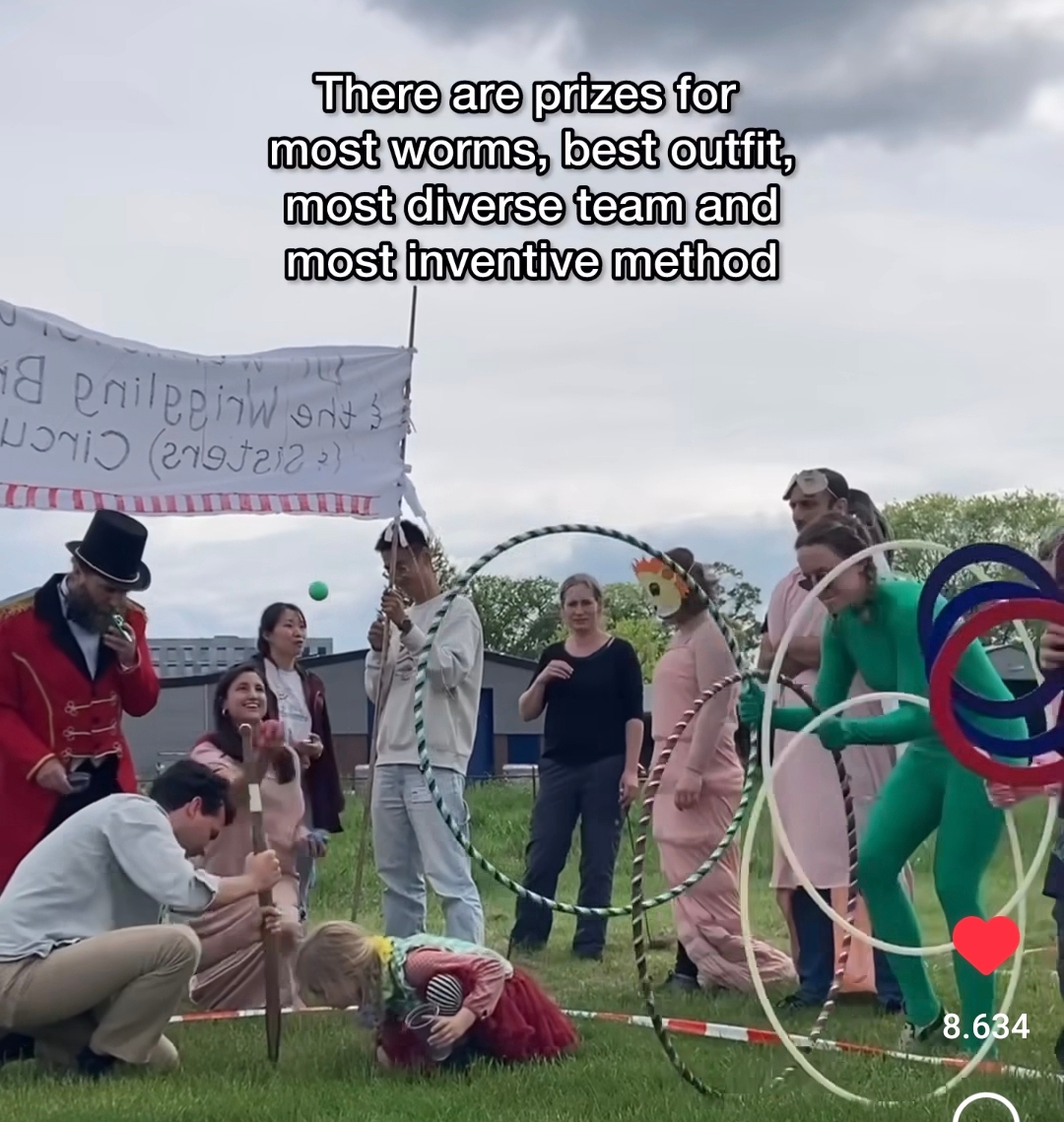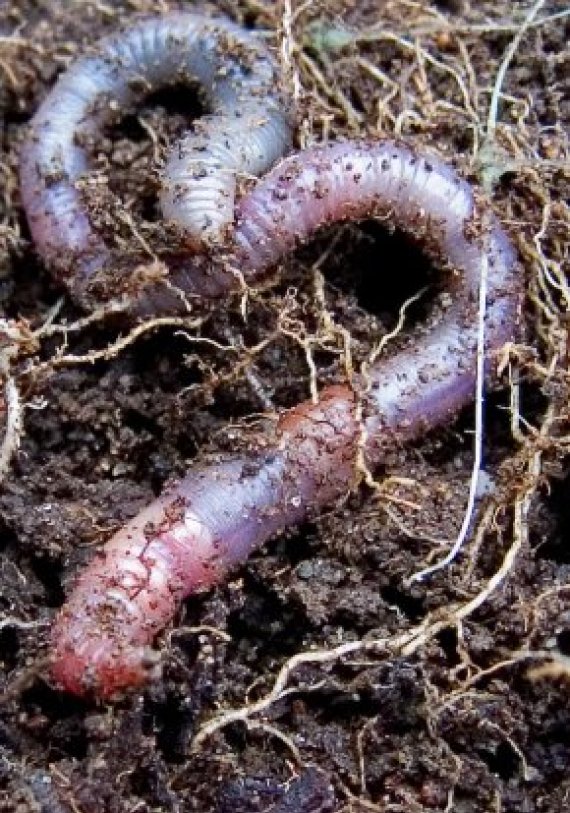More than 250 PhD students receive their PhDs at WUR every year. It is impossible to describe and summarize all these theses. In the column ‘PhD theses in a nutshell’ the selection of our science editors is briefly presented.
Cleaned up by worms
Worms are crucial to a healthy soil. They keep the soil loose and fertile. The Chinese PhD researcher Ke Meng has added another virtue to the list: worms dispose of plastics. Experiments showed that the common or garden earthworm breaks plastic down into smaller fragments. Worms also break down biodegradable plastic (such as polylactic acid PLA) chemically, so it disintegrates faster. And that is good news, because the speed at which this kind of plastic breaks down depends on the climate and soil. Adding worms to the soil can speed things up, shows Meng.
Exploring the potential of earthworms to reduce microplastic pollution in soils.
Ke Meng. Supervisor Violette Geissen.
Tracing illegal timber
Illegal felling of tropical trees is a big problem. How can you prove that timber is illegal? The Brazilian researcher Bárbara Rocha Venancio Meyer-Sand developed a genetic method of identifying the origin of wood. She used fragments of DNA from the chloroplasts (the little photosynthesis factories) in the plant cell. With this method she can locate the origin of most samples of timber from the African tree species azobe and tali to the last 100 kilometres. If this method is combined with chemical analyses, up to 94 per cent of the wood samples can be traced accurately. We’re closing in.
Timber Tales.
Bárbara Rocha Venancio Meyer-Sand. Promotor Pieter Zuidema.
Building cells
The holy grail of biologists is to create life yourself. That starts with making synthetic cells. The Indian PhD researcher Ketan Ashol Ganar has made a couple of attempts at this. He used different techniques to design cell organelles – small spaces, some of which are surrounded by a membrane. In those spaces – ‘bodies’ – biological processes such as the production of proteins based on DNA can take place, all on a tiny scale and ‘on a chip’. While he was at it, he also figured out the mechanism ticks use to latch on to their host.
Drops of Life.
Ketan Ashok Ganar. Supervisor Jasper van der Gucht.



